Discover The Mindtools L&D Podcast
The Mindtools L&D Podcast

The Mindtools L&D Podcast
Author: Mind Tools Ltd
Subscribed: 639Played: 15,062Subscribe
Share
© Mind Tools Ltd
Description
The Mindtools L&D Podcast is a must-listen for anyone involved in Learning and Development or Human Resources. The weekly show features regular appearances from the Mind Tools team plus special guests to get right to the heart of issues affecting the L&D and HR communities. From learning needs analysis and evidence-based practice through to the impact of technology on work and hot topics at industry conferences, you'll get critical insights into the world of work, performance and learning.
475 Episodes
Reverse
Since the launch of ChatGPT in November 2022, Donald Taylor and Eglė Vinauskaitė have released four reports exploring L&D's use of AI. In this week's episode, Don joins Ross D to discuss the latest report — AI in L&D: The Race for Impact. We cover: What's changed over the last three years, and why we're at an inflection point How L&D's use of AI has slowly matured over time, evolving into more sophisticated use cases A vision for the future of L&D, beyond content-creation. You can download a copy of the full report here. In 'What I Learned This Week', Don recommended the book Amorous or Loving?: The Highly Peculiar Tale of English and the English. For more from Mindtools and Kineo, visit mindtools.com. There, you'll also find details of our new face-to-face and virtual workshops, each aligned to our Manager Skills Assessment. Like the show? You'll LOVE our newsletter! Subscribe to The L&D Dispatch at lddispatch.com Connect with our speakers If you'd like to share your thoughts on this episode, connect with us on LinkedIn: Ross Dickie Donald Taylor
In his book Targeting Turnover, Dick Finnegan argues that, as the global population ages and more people enter retirement, it is imperative for organizations to retain the talent they already have. In this week's episode, Dick joins Claire and Cammy to discuss: Why turnover is a problem for businesses The strategies organizations can deploy to reduce turnover The impact this might have on the L&D industry. You can pick up a copy of Targeting Turnover here. For more from Mindtools and Kineo, visit mindtools.com. There, you'll also find details of our new face-to-face and virtual workshops, each aligned to our Manager Skills Assessment. Like the show? You'll LOVE our newsletter! Subscribe to The L&D Dispatch at lddispatch.com Connect with our speakers If you'd like to share your thoughts on this episode, connect with us on LinkedIn: Claire Gibson Cammy Bean Dick Finnegan
Hello listeners! No new episode this week, but we wanted to take the opportunity to revisit our 2021 'documentary special' on product management. It took a lot more work than our usual roundtable format, but we think it paid off. ;) To make this episode, we spoke to Myles Runham, Sukh Pabial, Danny Seals, and Gemma Paterson, discussing: what product management is what L&D can learn from product management what 'the product' is in L&D - is it L&D itself? For more from Mindtools and Kineo, visit mindtools.com. There, you'll also find details of our new face-to-face and virtual workshops, each aligned to our Manager Skills Assessment. Like the show? You'll LOVE our newsletter! Subscribe to The L&D Dispatch at lddispatch.com Connect with our speakers If you'd like to share your thoughts on this episode, connect with us on LinkedIn: Ross Dickie Ross Garner Owen Ferguson Myles Runham Sukh Pabial Gemma Paterson Danny Seals
When Dr Anna Barnett, Ross Garner and Ross Dickie discussed the role of empathy in decision-making in Episode 463, they started to ponder the role that AI plays in our decisions. In this week's episode, Ross Garner, Anna and Gemma return to the topic of smart decisions to continue that conversation. We discuss: The impact AI is having on our decisions and decision-making processes The pros and cons of using AI to help us make decisions How we might use AI to make more effective decisions. In 'What I Learned This Week', Anna recommended using the 'Maps. the hug' app to plan your outdoor adventures. Ross introduced us to Quipu. You can read about this cluster of universes in EarthSky's article 'Meet Quipu, largest known structure in the universe'. To read all of our reports, visit mindtools.com/thought-leadership/reports For more from Mindtools and Kineo, visit mindtools.com. There, you'll also find details of our new face-to-face and virtual workshops, each aligned to our Manager Skills Assessment. Like the show? You'll LOVE our newsletter! Subscribe to The L&D Dispatch at lddispatch.com Connect with our speakers If you'd like to share your thoughts on this episode, connect with us on LinkedIn: Gemma Towersey Dr Anna Barnett Ross Garner
According to Donald Taylor and Egle Vinauskaitė's recent AI in L&D: The Race for Impact report, 'creating learning content' and 'learning design tasks' remain the primary use cases for AI in learning and development. But should they be? In this week's episode of The Mindtools L&D Podcast, L&D consultant Heidi Kirby joins Ross D and Claire to discuss: the obvious appeal of using AI to scale learning content; why Heidi believes outsourcing development to AI is a mistake; what L&D could or should be using AI for, if not content generation. In 'What I Learned This Week', Ross mentioned the website mcbroken.com. For more from Mindtools and Kineo, visit mindtools.com. There, you'll also find details of our new face-to-face and virtual workshops, each aligned to our Manager Skills Assessment. Like the show? You'll LOVE our newsletter! Subscribe to The L&D Dispatch at lddispatch.com Connect with our speakers If you'd like to share your thoughts on this episode, connect with us on LinkedIn: Ross Dickie Claire Gibson Dr Heidi Kirby
All children play but, over time, that instinct goes away. We don't lose it, we don't forget. Instead, we get taught to stop. For author and toy designer Cas Holman, that's a problem. With a very real impact on business performance. In this week's episode of The Mindtools L&D Podcast, Cas joins Ross G and Gemma to discuss: how traditional workplaces surpress play the business benefits of play at work how to encourage play when your organization won't tolerate it. You can find out more about Cas and her book Playfulness at casholman.com/book. You can also see her in the Netflix series Abstract: The Art of Design. In 'What I Learned This Week', Ross discussed peculiar experiments involving moths, via The Economist. For more from Mindtools and Kineo, visit mindtools.com. There, you'll also find details of our new face-to-face and virtual workshops, each aligned to our Manager Skills Assessment. Like the show? You'll LOVE our newsletter! Subscribe to The L&D Dispatch at lddispatch.com Connect with our speakers If you'd like to share your thoughts on this episode, connect with us on LinkedIn: Cas Holman Ross Garner Gemma Towersey
Why does L&D so often feel like the drive-thru window of requests—'one leadership program, hold the ROI please'? As L&D professionals, it's not who we understand ourselves to be. So how can we flip the script so that we're seen and treated as strategic business partners? In this week's episode of The Mindtools L&D Podcast, we're joined by Jess Almlie, author of "Order taker no more!" We discuss: What keeps us stuck in an order taker role? What are the foundations of great strategic business partnering? What might a move into this new role look like? You can find out more about Jess, her work and book on her Almlie Consulting website. In What I Learned This Week, Gemma mentioned the Tree Equity Score website. Sadly we don't have a photo of Ross on a horse. For more from Mindtools and Kineo, visit mindtools.com. There, you'll also find details of our new face-to-face and virtual workshops, each aligned to our Manager Skills Assessment. Like the show? You'll LOVE our newsletter! Subscribe to The L&D Dispatch at lddispatch.com Connect with our speakers If you'd like to share your thoughts on this episode, connect with us on LinkedIn: Jess Almlie Ross Dickie Gemma Towersey
Decision-making is a key aspect of being a manager, and a complex mix of skills, experiences, judgments and instincts. So how do you help your managers make smarter decisions at work? In this week's episode of The Mindtools L&D Podcast, our own Dr Anna Barnett reveals insights from our new report 'The empathy problem: Balancing emotion in decision-making', part of our Building Better Managers series. We discuss: Whether managers are more inclined to delegate difficult tasks than those they think will be achieved Why too much empathy is a problem in decision-making How to build emotionally intelligent managers. During the discussion, Anna referenced the following papers: Maas, V. S., & Shi, B. (2023). 'The effects of target difficulty and relative ability on managers' delegation decisions'. Management Accounting Research, 60, 100851. Kaiser, R. B. (2024). 'Has empathy really become more important to leadership since the COVID-19 pandemic?'. Consulting Psychology Journal. To read all of our reports, visit mindtools.com/thought-leadership/reports For more from Mindtools and Kineo, visit mindtools.com. There, you'll also find details of our new face-to-face and virtual workshops, each aligned to our Manager Skills Assessment. Like the show? You'll LOVE our newsletter! Subscribe to The L&D Dispatch at lddispatch.com Connect with our speakers If you'd like to share your thoughts on this episode, connect with us on LinkedIn: Ross Dickie Dr Anna Barnett Ross Garner
Last week on The Mindtools L&D Podcast, L&D Detective Kevin M Yates joined Ross D and Dr Anna to talk about isolating the impact of training at work. When listening back, Ross G took umbrage at some of the claims made by his Mindtools colleagues and so, this week, we re-litigate! We discuss: Are control groups really worth it? How else can you measure impact? Why Dr Anna thinks learning NEVER leads (directly) to business impact To find out how Mindtools can help you measure the business impact of your learning, despite what Dr Anna says, mindtools.com/services/analyst-insights Ross D also discussed Dr Will Thalheimer's LTEM model. In 'What I Learned This Week', Ross D recommended the Hard Fork podcast. For more from Mindtools and Kineo, visit mindtools.com. There, you'll also find details of our award-winning Content Hub, our Manager Skills Assessment, our Manager Skill Builder and our custom work. Like the show? You'll LOVE our newsletter! Subscribe to The L&D Dispatch at lddispatch.com Connect with our speakers If you'd like to share your thoughts on this episode, connect with us on LinkedIn: Ross Dickie Dr Anna Barnett Ross Garner
Is it up to the humble L&D pro to change people's behavior at work? Or is it up to everyone? In this week's episode of The Mindtools L&D Podcast, return guest Kevin M. Yates (aka The L&D Detective) speaks to Anna and Ross D about: How to isolate the impact of training at work What other factors influence performance How L&D pros can demonstrate the value of their roles. You can find out more about Kevin's work at kevinmyates.com For more from Mindtools and Kineo, visit mindtools.com. There, you'll also find details of our award-winning Content Hub, our Manager Skills Assessment, our Manager Skill Builder and our custom work. Like the show? You'll LOVE our newsletter! Subscribe to The L&D Dispatch at lddispatch.com Connect with our speakers If you'd like to share your thoughts on this episode, connect with us on LinkedIn: Ross Dickie Dr Anna Barnett Kevin M Yates
As learning and development professionals, we spend most of our days thinking about how we help others build their skills. But how many of us neglect our own development while doing so? It's what L&D advisor, writer and speaker David Kelly calls 'The Irony of L&D', and in this week's episode of The Mindtools L&D Podcast, David joins Ross G and Claire to discuss: how to make time for personal development how to build this habit among your team the extent to which AI makes personal development existential for L&D professionals. To find out more about David, find him on LinkedIn. There you'll also find his article, 'The Irony of L&D: We Often Forget Our Own Development'. In 'What I Learned This Week', Ross G discussed 'chimping'. David discussed Josh Cavalier's guidance on AI prompting with JSON. For more from us, visit mindtools.com. There, you'll also find details of our award-winning Content Hub, our Manager Skills Assessment, our Manager Skill Builder and our custom work. Connect with our speakers If you'd like to share your thoughts on this episode, connect with us on LinkedIn: Ross Garner Claire Gibson (who it turns out works every second Friday) David Kelly
Objectives and Key Results have long been a staple of the working world. You set a stretch objective, define the results that will tell you if the objective has been met, and scaffold throughout the organization. Then what? Often, nothing happens. The OKRs were too vague. In extreme cases, the worst happens: people bend the rules to hit aggressive targets. For author Radhika Dutt, there is another way: Objectives, Hypotheses, and Learnings (OHLs). In this week's episode of The Mindtools L&D Podcast, Radhika joins Gemma and Ross Garner to discuss: Why OKRs so often fail How OHLs prioritize a puzzle-solving mindset How to ensure OHLs don't lead to analysis paralysis Radhika offers an OHL toolkit at: radicalproduct.com/toolkit In 'What I Learned This Week', Ross G discussed 'parasocial relationships'. Gemma discussed an article from The Guardian on ways to have more 'fun' at work. For more from us, visit mindtools.com. There, you'll also find details of our award-winning Content Hub, our Manager Skills Assessment, our Manager Skill Builder and our custom work. For more from Radhika, including her last book Radical Product Thinking, see her website. Connect with our speakers If you'd like to share your thoughts on this episode, connect with us on LinkedIn: Gemma Towersey Ross Garner Radhika Dutt
Here at Mindtools Towers, we're no strangers to benchmarking in L&D. We've regularly mentioned our Learning Performance Benchmark over the years, and we dedicated an entire episode to 'The value of benchmarking' back in 2021. So, naturally, we were intrigued when David James released the 'L&D Maturity Model', and wanted to invite him onto the show to discuss it. This week on The Mindtools L&D Podcast, David joins us to explore: Why David developed his maturity model, and what makes it different The limitations of self-assessment-based models What practitioners can expect to get out of benchmarking How L&D teams can move up the levels of the model and increase their maturity. You can find out more about The L&D Maturity Model here. You can find the Learning & Development Podcast, 'wherever you get your podcasts'. In 'What I Learned This Week', Anna explained the history of 'via ferrata', following her holiday in the Dolomites. David talked about 'imaginal discs' in butterflies. And Ross dropped a fresh new AI-generated beat about his son, AKA Lil Dribs. For more from us, visit mindtools.com. There, you'll also find details of our award-winning Content Hub, our Manager Skills Assessment, our Manager Skill Builder and our custom work. Connect with our speakers If you'd like to share your thoughts on this episode, connect with us on LinkedIn: Ross Dickie Dr Anna Barnett David James
Now for something completely different! A couple of weeks ago, Carl Akintola wrote a provocative guest post for The L&D Dispatch, challenging L&D practitioners to interogate their motives for measuring learning impact. Are they in it purely for the sake of evaluation and continuous improvement? Or are they merely trying to justify their own existence? This week on The Mindtools L&D Podcast, Carl takes over hosting duties, and runs Ross G and Ross D through the scenario he outlined in the newsletter. In 'What I Learned This Week', Ross D mentioned 'The Bad-Mouthing of British Teeth', an episode of the Decoder Ring podcast. Ross G described the so-called 'Gen Z stare'. And Carl confused the Rosses with a maths problem, based on the 'Monty Hall problem'. For more from us, visit mindtools.com. There, you'll also find details of our award-winning Content Hub, our Manager Skills Assessment, our Manager Skill Builder and our custom work. Connect with our speakers If you'd like to share your thoughts on this episode, connect with us on LinkedIn: Ross Dickie Ross Garner Carl Akintola
We know that surrounding ourselves with diverse people at work brings variety in expertise, opinions and ways of working, which can boost creativity and productivity. Sometimes those differences however, can be challenging. How can we make the most of difference? This week on The Mindtools L&D Podcast, Liggy Webb, author of Tolerance: How to respect and accept differences joins Ross G and Gemma to examine the skill of tolerance. We discuss: What tolerance means The benefits of being tolerant How to be tolerant, particularly towards differences in behaviour or opinions that we find tricky. To find out about Liggy's Bitesize Book Series, visit her website. In 'What I Learned This Week', Ross mentioned Anthropic's experiment that revealed Claude's inability to run a shop. Gemma spoke about the startling dimensions of the Norwegian Fjords. For more from us, visit mindtools.com. There, you'll also find details of our award-winning Content Hub, our Manager Skills Assessment, our Manager Skill Builder and our custom work. Connect with our speakers If you'd like to share your thoughts on this episode, connect with us on LinkedIn: Ross Garner Gemma Towersey Liggy Webb
In their new book, In Praise of the Office, Wharton professor Peter Cappelli and workplace strategist Ranya Nehmeh argue that 'the case for in-office work has never been stronger'. This week on The Mindtools L&D Podcast, Peter and Ranya join Ross D and Claire to explain why they believe this to be true. We discuss: The benefits and downsides to in-office work, both from an employer and employee perspective The challenges of returning to office post-pandemic, and why mandates alone often don't work The role of managers in implementing remote, hybrid or in-office models The implications of different working models for learning and development. You can find out more about In Praise of the Office here. In 'What I Learned This Week', Claire mentioned Flow TV, which shows output of Veo 3, the latest version of Google's AI video generator. The paper Peter mentioned was 'Employee Innovation During Office Work, Work from Home and Hybrid Work' by Michael Gibbs et al. For more from us, visit mindtools.com. There, you'll also find details of our award-winning Content Hub, our Manager Skills Assessment, our Manager Skill Builder and our custom work. Connect with our speakers If you'd like to share your thoughts on this episode, connect with us on LinkedIn: Ross Dickie Claire Gibson Peter Cappelli Ranya Nehmeh
If we want to motivate learners to engage with an experience, it stands to reason that we need to present that experience in a way feels authentic and relatable to them. But what are the limits to authenticity in the workplace? And are some of the conventions of learning design at odds with authentic communication? This week on The Mindtools L&D Podcast, Kineo's Matt Mella joins Ross D and Claire to discuss: What 'authenticity' looks like in the context of learning design Why it's important, and how to design with authenticity in mind How Mindtools and Kineo have achieved this in practice. During the episode, Ross D referenced a LinkedIn post from Matt, exploring the growing association of the em dash with AI-generated content. In 'What I Learned This Week', Claire talked about her enlightening visit to the Ditchling Museum of Art & Craft. Matt explained the history of the telegraphic address. And Ross D recommended the 'Food Deserts' episode of 99% Invisible. For more from us, visit mindtools.com. There, you'll also find details of our award-winning Content Hub, our Manager Skills Assessment, our Manager Skill Builder and our custom work. Connect with our speakers If you'd like to share your thoughts on this episode, connect with us on LinkedIn: Ross Dickie Claire Gibson Matt Mella
If you spend any time scrolling LinkedIn, attending L&D conferences, or listening to industry podcasts, it might seem like AI is about to usher in the end of e-learning as we know it. But is e-learning really dying, or is it just evolving? This week on The Mindtools L&D Podcast, Kineo's Cammy Bean joins Ross D and Ross G to discuss: The probability that AI will bring about the e-learning-pocalypse How the work of learning designers might change over the coming years The risks L&D needs to consider as they incoporate AI tools into their practice. During the episode, Ross D mentioned a recent edition of The L&D Dispatch, 'The future is not now'. For more from us, visit mindtools.com. There, you'll also find details of our award-winning Content Hub, our Manager Skills Assessment, our Manager Skill Builder and our custom work. Connect with our speakers If you'd like to share your thoughts on this episode, connect with us on LinkedIn: Ross Dickie Ross Garner Cammy Bean
Frontline managers have to support decisions they didn't make, translate organizational goals into actions, identify meaningful opportunities for people to develop, remember to acknowledge successes, regulate their emotions, and resolve team conflicts. And they're usually 19-years-old. This week on The Mindtools L&D Podcast, one of our favourite guests - JD Dillon - returns to the show to share insights from his upcoming book on the role of frontline managers. We discuss: The pressures faced by frontline managers How to help these managers feel confident in their roles How AI chat bots and digital communities can help managers respond to daily challenges. In 'What I Learned This Week', Anna discussed the impact of the climate crisis on education. JD discussed the banana pose. Ross shared how to spot a suspicious statistic, via More or Less. For more from JD, check out his website frontlineplaybook.com, jdwroteabook.com, and axonify.com. For more from us, including details of our upcoming app (soon!) visit mindtools.com. There, you'll also find details of our award-winning performance support toolkit, our off-the-shelf e-learning, and our custom work. Connect with our speakers If you'd like to share your thoughts on this episode, connect with us on LinkedIn: Ross Garner Dr Anna Barnett JD Dillon
Exciting news at Mindtools Towers this week, as we launch our first 'Expert Skill Bite' course with Dr Markus Bernhardt, available now to all Mindtools Content Hub users! To share more about what the course covers, and how it builds capability over time, Markus joined Ross G and Claire to discuss: Why a 'big top-down AI strategy' is never coming How to help managers build AI skills What to do if your organization bans AI tools. Log in to Mindtools.com now to subscribe to the Skill Bite and try it for yourself! In 'What I Learned This Week', Claire recommended 'How to stop being so phone addicted (without self-discipline or meditation)', from the Search Engine podcast. Ross discussed the latest exciting news from the world of Wordpress plugins. For more from us, visit mindtools.com. There, you'll also find details of our award-winning performance support toolkit, our off-the-shelf e-learning, and our custom work. Connect with our speakers If you'd like to share your thoughts on this episode, connect with us on LinkedIn: Ross Garner Dr Markus Bernhardt Claire Gibson



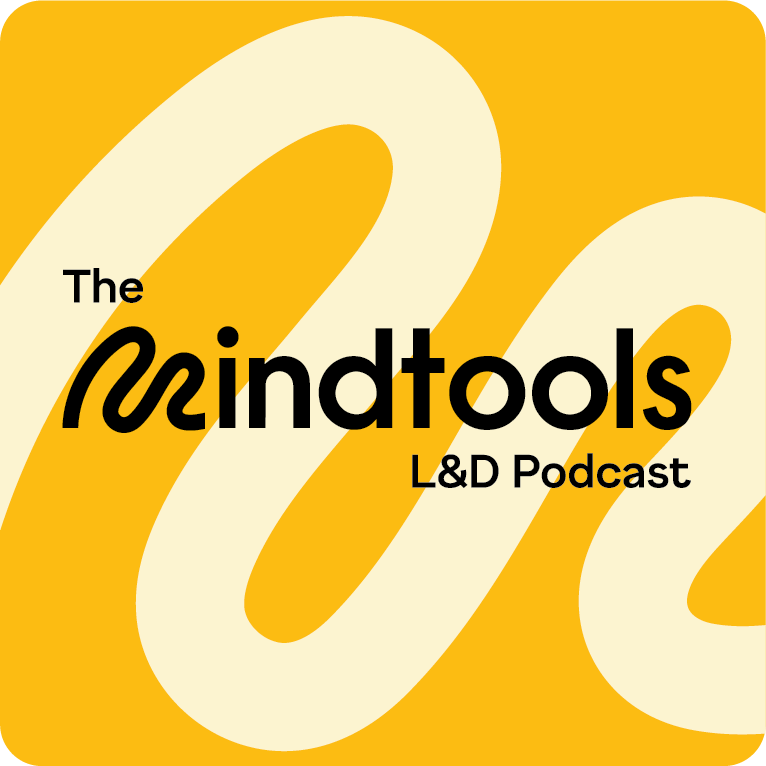
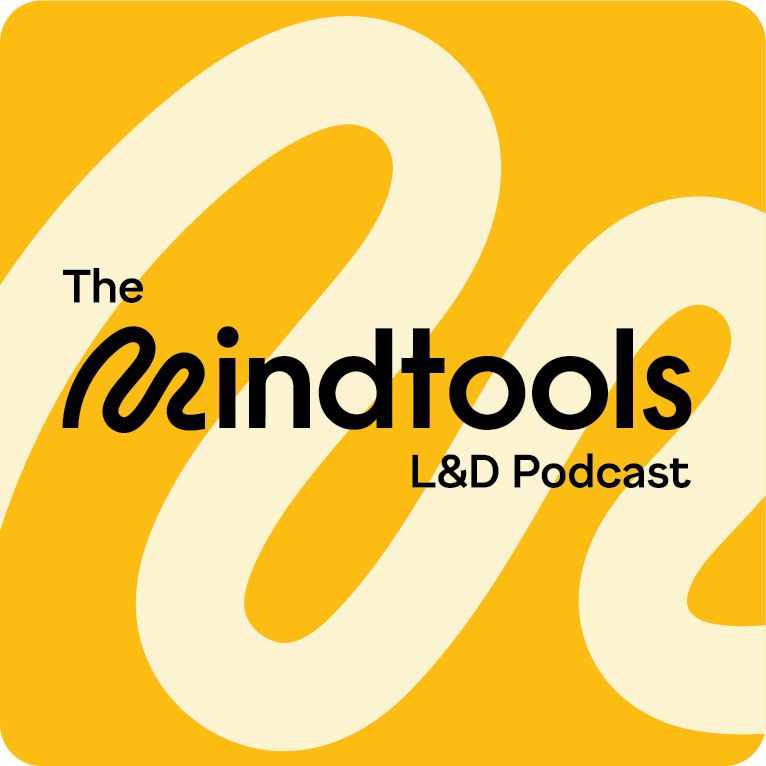
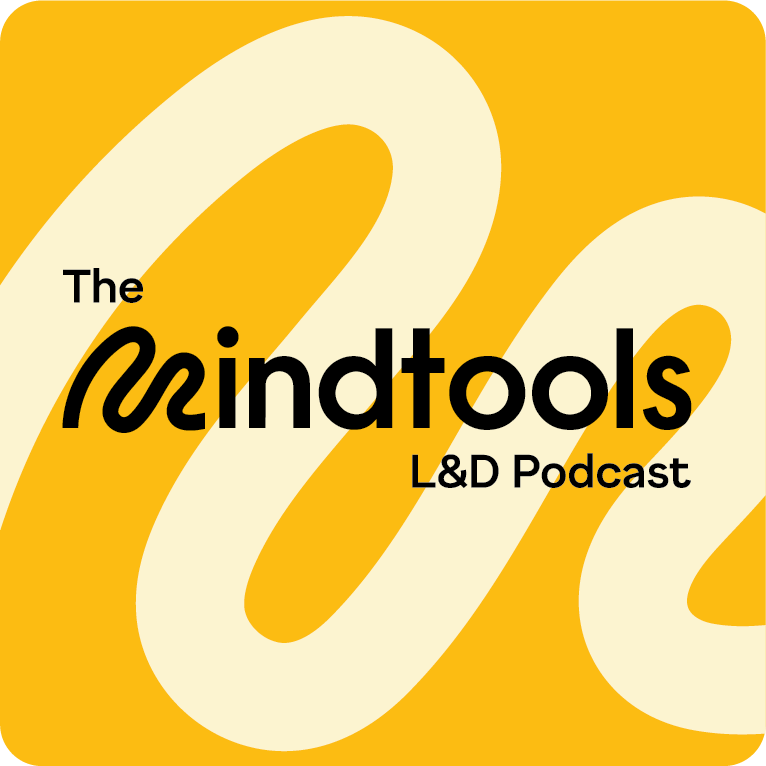
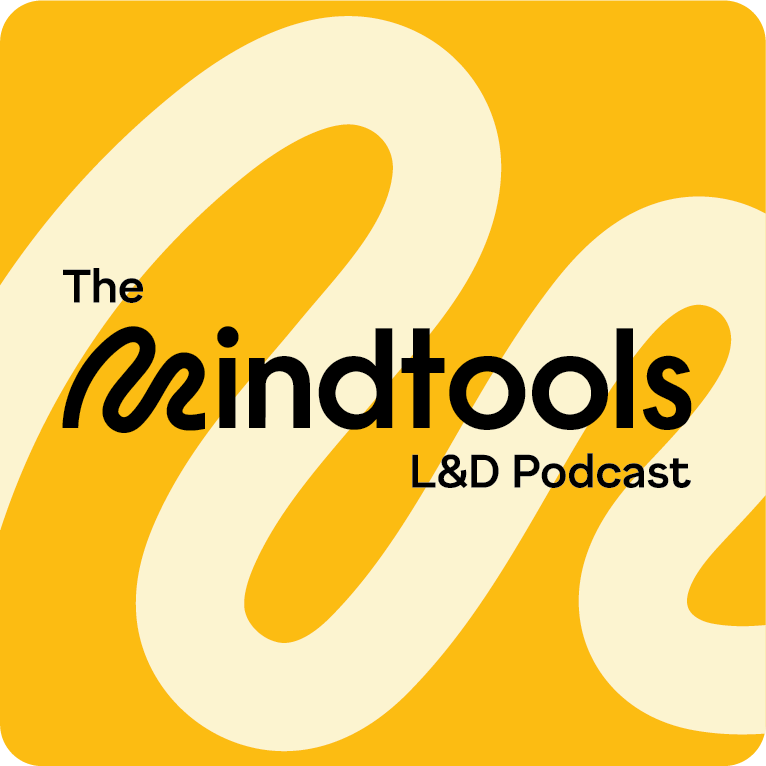
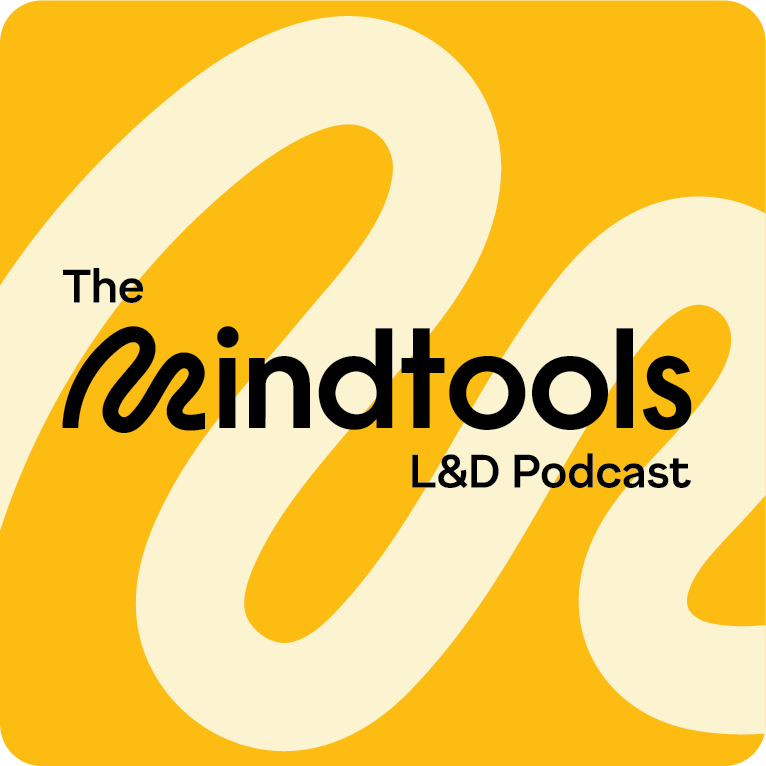
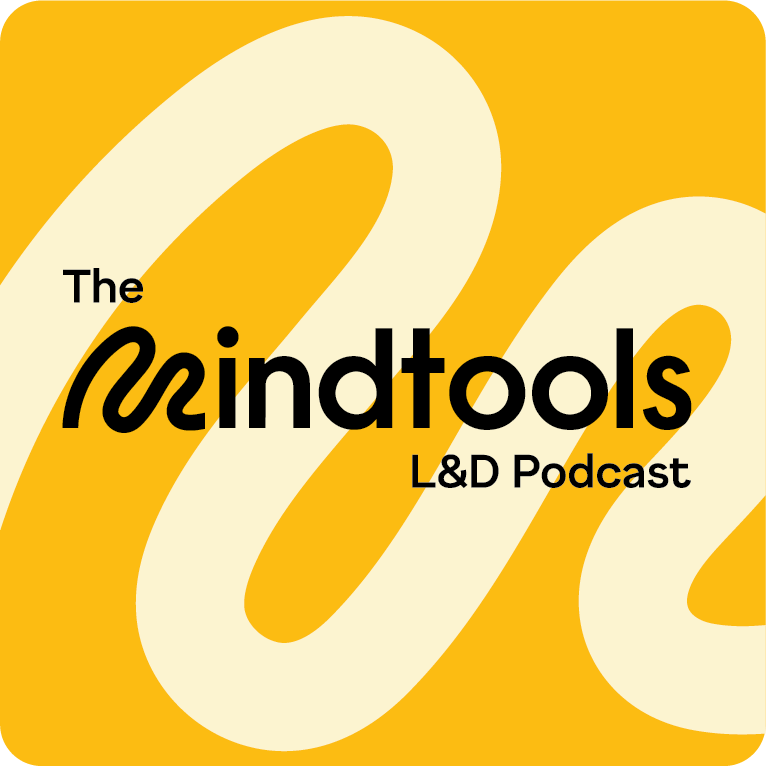
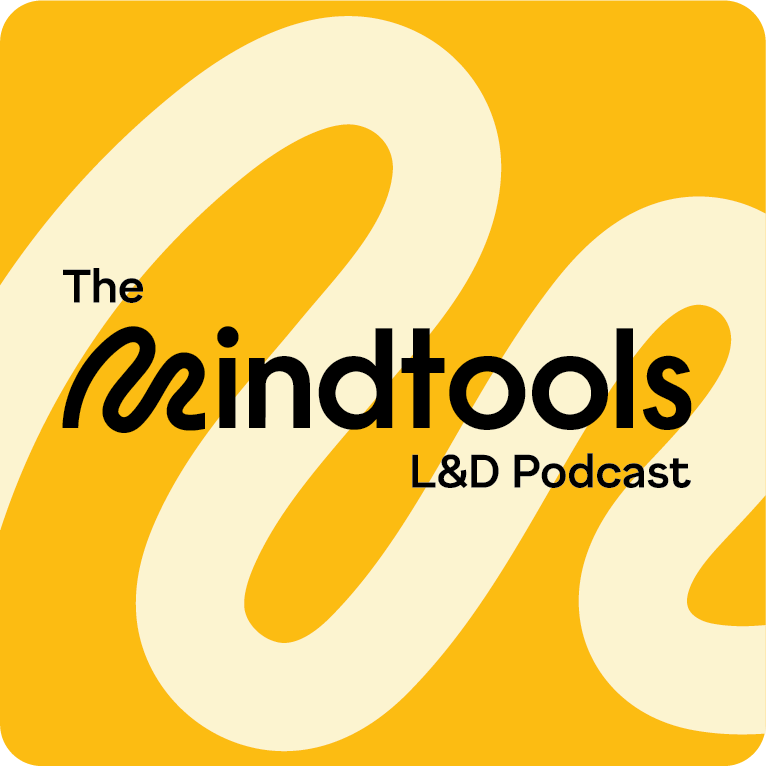
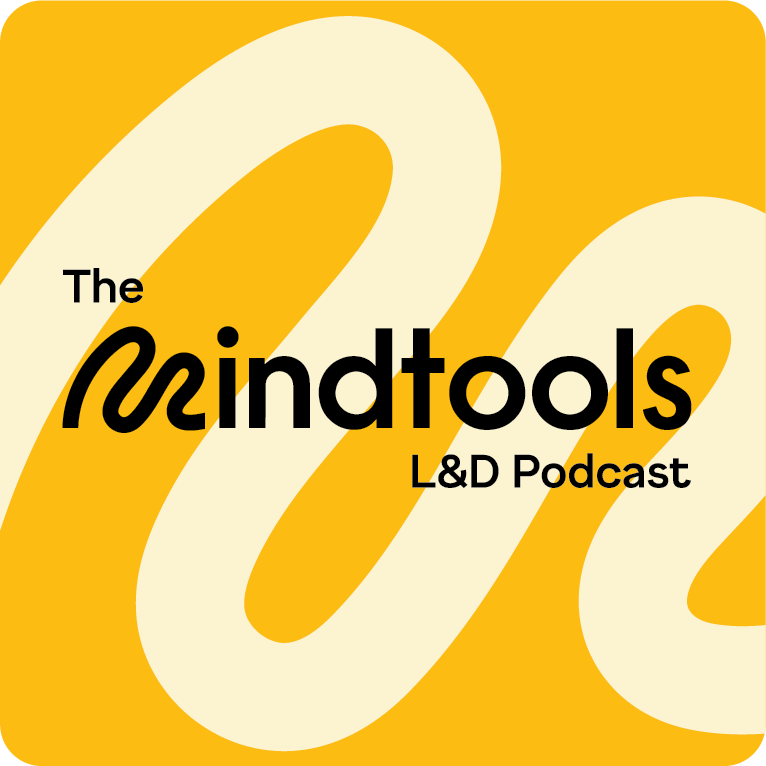
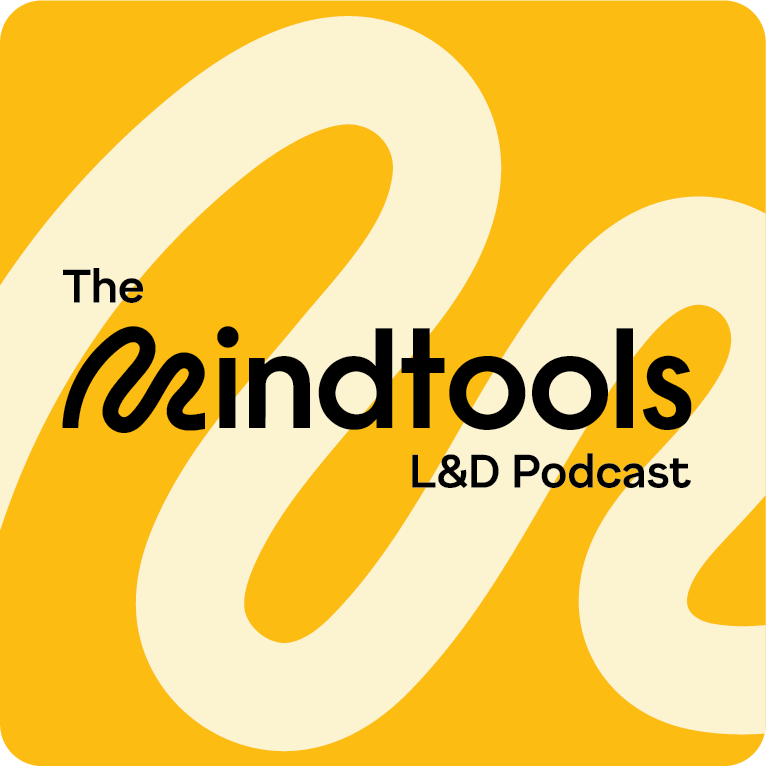
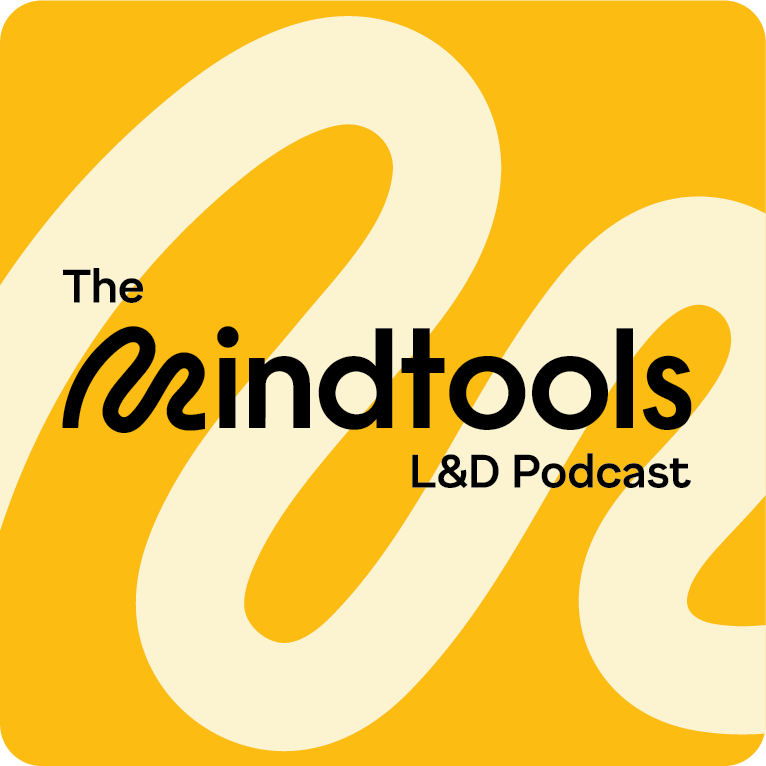

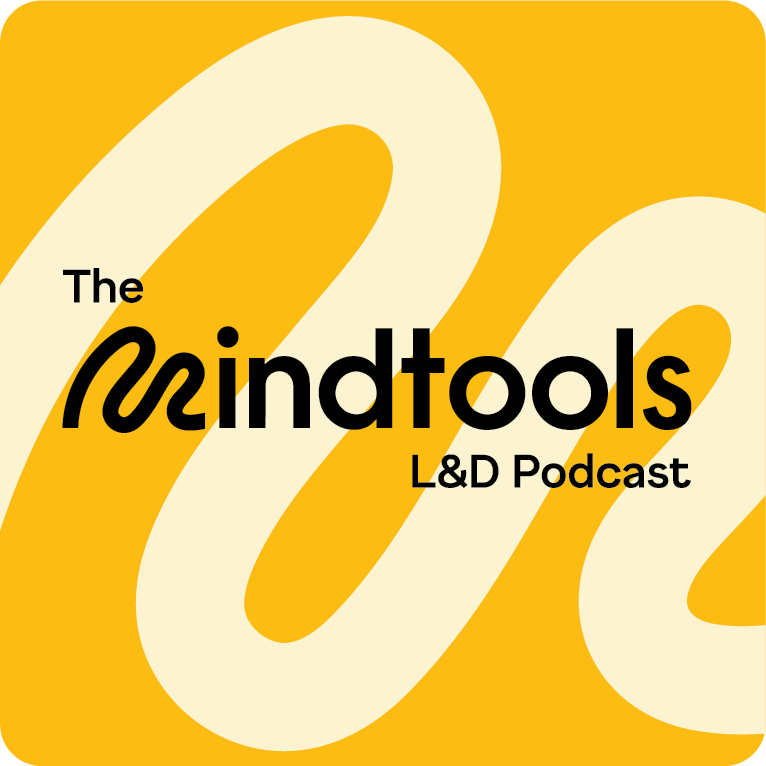
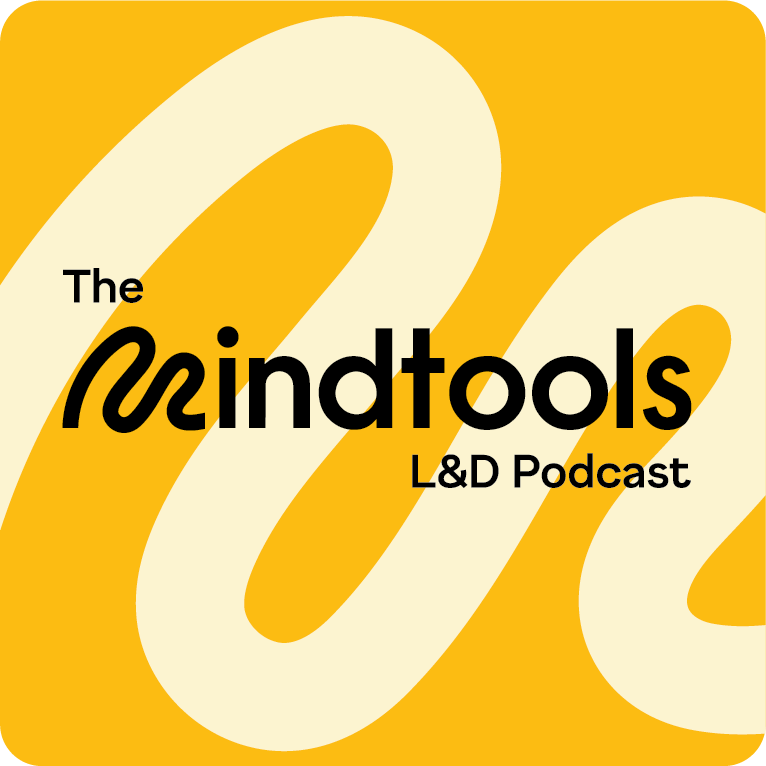
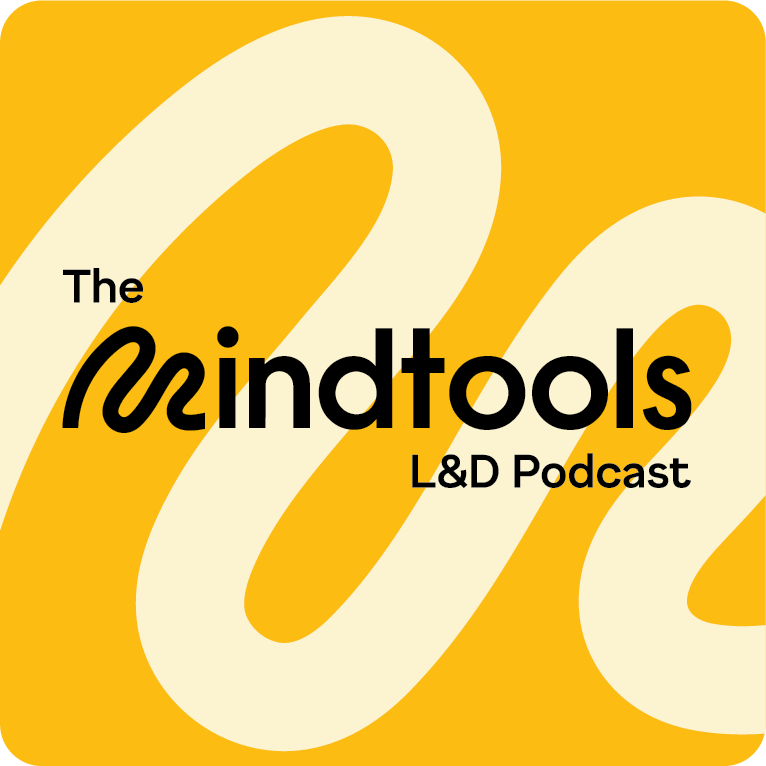
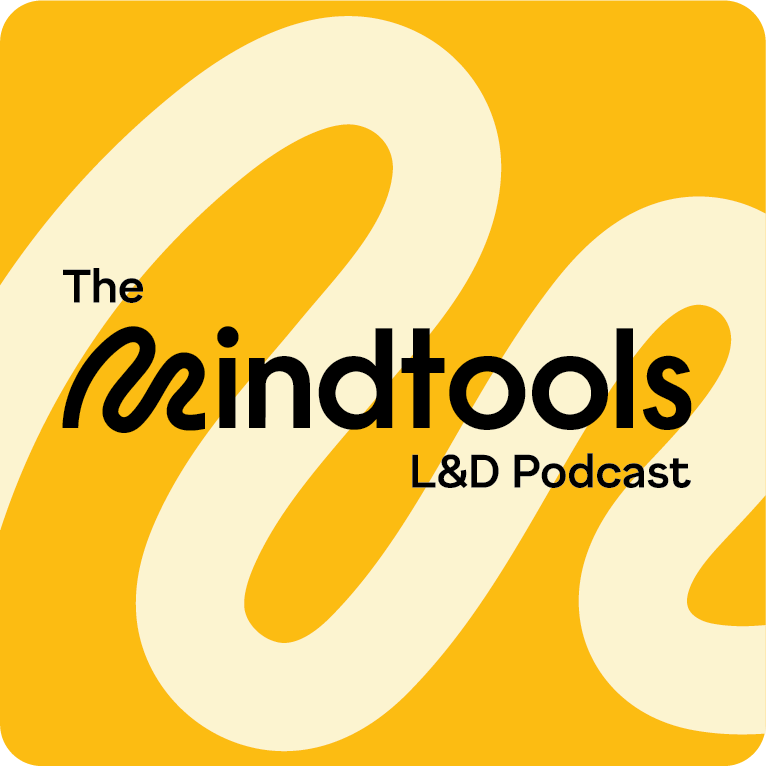
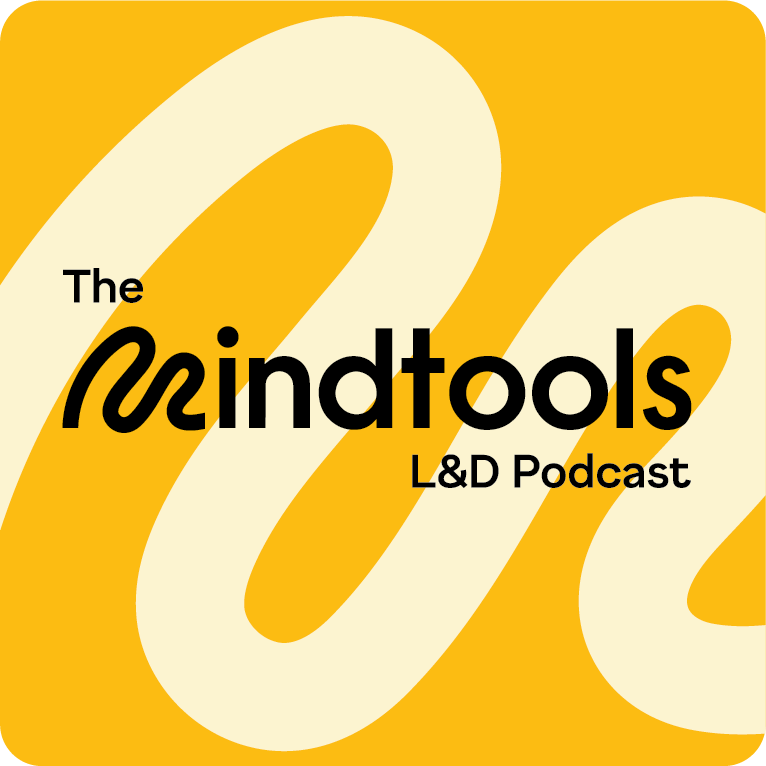
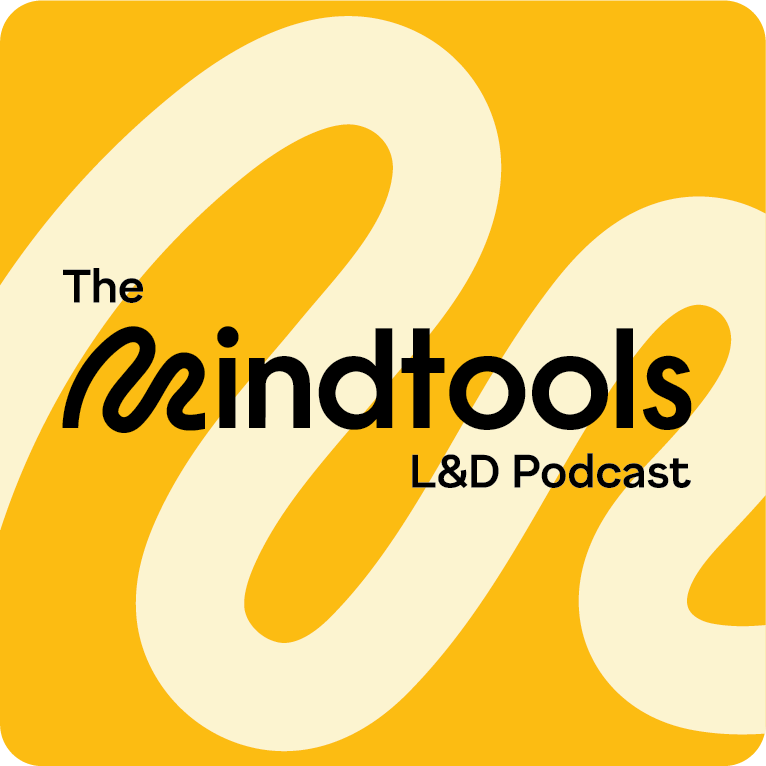
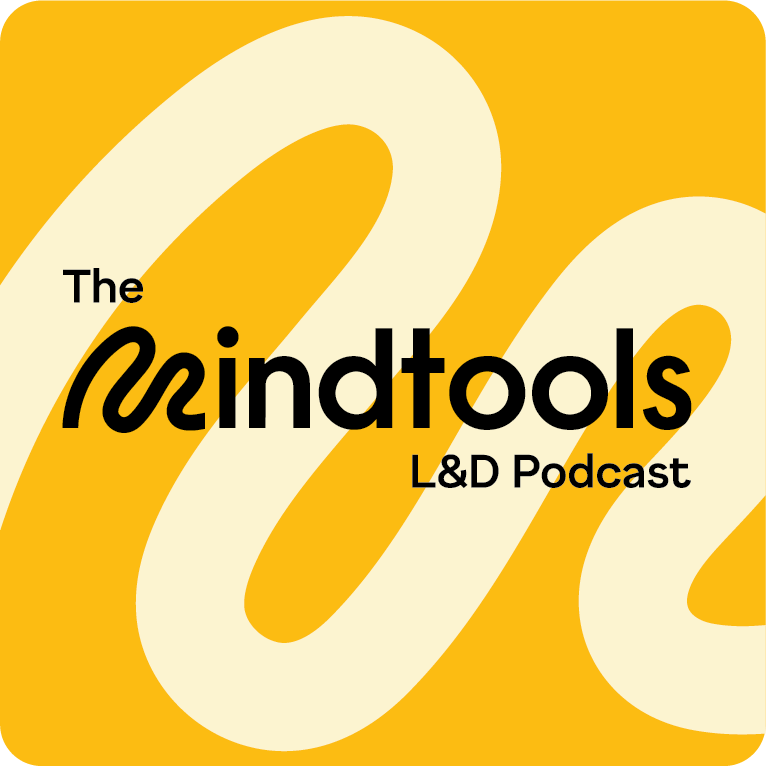




Apabila seseorang berdepan dengan keputusan yang sukar atau tidak pasti, generator ini boleh membantu dengan memberikan jawapan "Ya" atau "Tidak" secara rawak. Ini amat berguna untuk keputusan yang tidak melibatkan kesan besar tetapi memerlukan penyelesaian cepat, seperti memutuskan sama ada untuk makan di luar atau di rumah by https://yesornogenerator.org/ , atau menentukan aktiviti ringan yang ingin dilakukan.